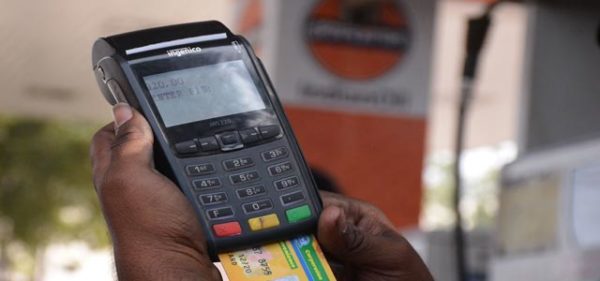As India pushes for digital transactions post note ban, there is an unlikely beneficiary from the country’s cashless journey: China. India has sent rovers to explore Moon and Mars, but surprisingly it has no company that can manufacture swiping machines on a large scale.
As a result, the country imports 90 per cent of swiping machines used for cashless transactions at shops and business establishments in the country, and almost all of them are from China and neighbouring Taiwan. With the digital push reaching crescendo across India and traders scrambling for swipe machines to tide over the cash crunch, the imports are expected to jump multi-fold in near future.
As per the industry estimates, India imported nearly one lakh units of electronic data capture (EDC) devices, as swipe machines are technically known, last year. In the aftermath of the demonetisation announced on November 8 and the subsequent initiatives of the central government to encourage the digital economy, the total imports are likely to increase to two million units in the next one year.
Over the next few years, India, home to nearly 1.5 million swipe devices now, is estimated to require five crore devices as the government is keen to push digital payments even into the rural hinterlands. As the swipe devices are priced between Rs 5,000 and Rs 15,000 each, India will have to shell out valuable foreign exchange amount of anywhere between Rs 22,000 crore and Rs 67,500 crore to import 90 per cent of the devices from China.
But, the Chinese link to India’s digital dreams does not end here. Paytm, the country’s most popular e-wallet, also has a Chinese connection. Alibaba, China’s leading e-commerce player, invested nearly $680 million in Paytm for a majority stake in 2015. So, Paytm’s gain in India after note ban, indirectly benefits China.






Leave a reply